
Anti-inflammatory, therapeutic effects, but also risks - the radioactive noble gas radon contains both at the same time. Radon and especially its short-living progeny are considered to be responsible for about half of the annual radiation exposure from natural sources and are classified as carcinogenic. Researchers from the GSI Helmholtzzentrum für Schwerionenforschung now have proven in a paper published in the “International Journal of Environmental Research and Public Health” that face…
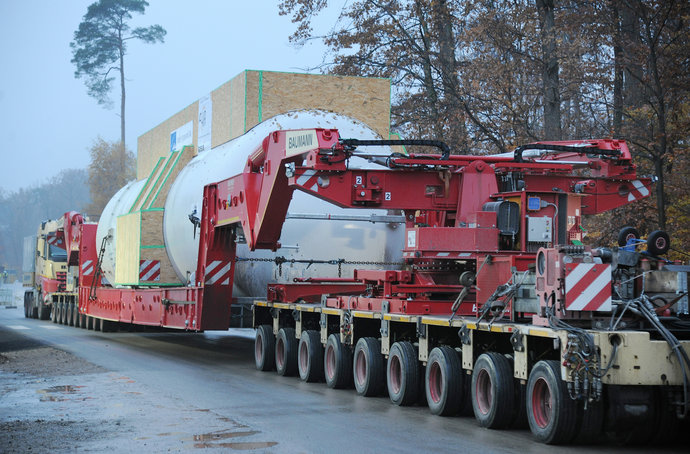
A large heavy goods transport set off from Aschaffenburg to Darmstadt on November 30, 2022. Its destination was the international accelerator facility FAIR (Facility for Antiproton and Ion Research), which is currently being built at the GSI Helmholtzzentrum für Schwerionenforschung. Loaded was the so-called “coldbox”, a steel tank with a length of 18 meters, a height of more than 4.5 meters and a weight of 85 tons. The coldbox is the heart of the cryogenics facility, produced and installed by…
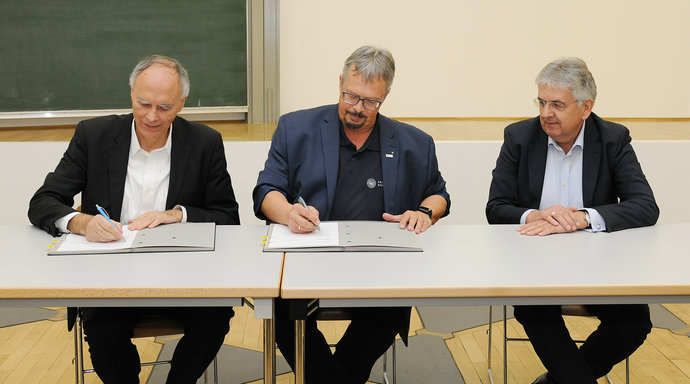
In the coming months, the Darmstadt-based start-up company “Focused Energy” and GSI/FAIR will explore the parameters for laser-driven inertial confinement fusion. Chief Science Officer Professor Markus Roth of Focused Energy as well as Professor Paolo Giubellino, Scientific Director of GSI and FAIR, and Dr. Ulrich Breuer, Administrative Director of GSI and FAIR, signed a corresponding collaboration agreement.
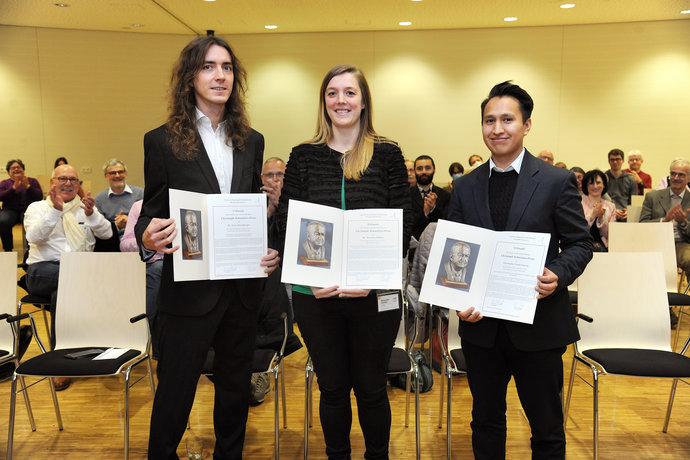
Three young researchers have been awarded this year’s Christoph Schmelzer Prize: Dr. Veronika Flatten from the University Marburg and Dr. Timo Steinsberger from the Technical University Darmstadt receive the award in recognition of their dissertations, Christopher Cortes Garcia from the TU Darmstadt for his master’s thesis. With this award, the Association for the Promotion of Tumor Therapy with Heavy Ions e.V. annually honors outstanding master’s and doctoral theses in the field of tumor…
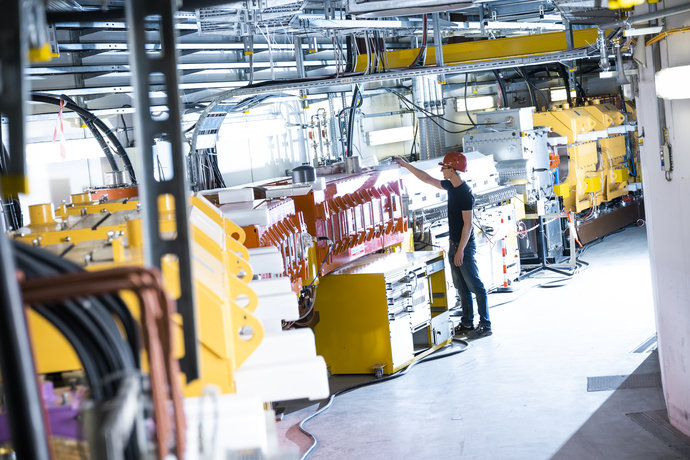
It is still a glimpse into the future: Astronauts could be put into artificial hibernation and in this state be better protected from cosmic radiation. At present, there are already promising approaches to follow up such considerations. An international research team led by the Biophysics Department of the GSI Helmholtzzentrum in Darmstadt now has found decisive indications of the possible benefits of artificial hibernation for radiation resistance.
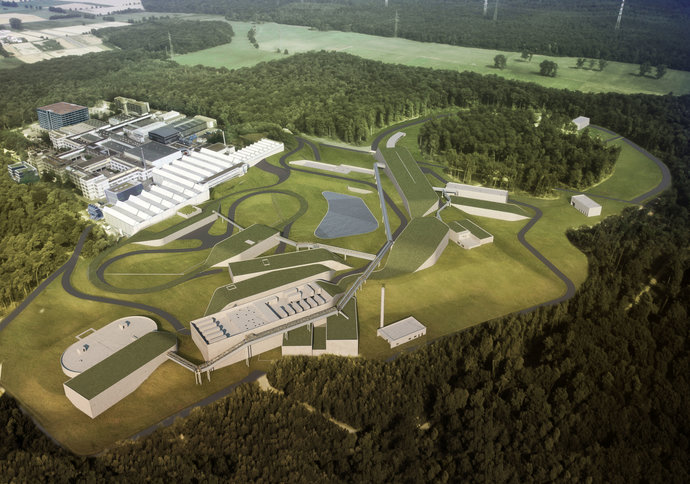
Following the decision of the FAIR Council, the highest body of the FAIR GmbH’s shareholders, for an up-to-date review of the FAIR project, the international committee of experts appointed for the task has completed its final report. The decision was motivated by the challenging financial status of the project. The report has been presented at an extraordinary FAIR Council meeting on October 25th, 2022.
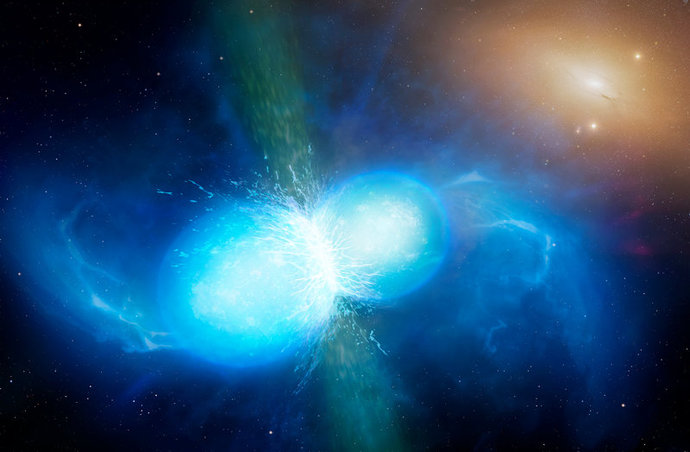
The European Union has awarded a total of 11.3 million euros over a period of six years to the HEAVYMETAL research project, which aims to investigate the synthesis of chemical elements in neutron star mergers. Privatdozent Dr. Andreas Bauswein, a researcher in the Theory Department of the GSI Helmholtzzentrum für Schwerionenforschung in Darmstadt, is part of the four-member international team that receives the funding as part of an ERC Synergy Grant. At GSI, currently the international…
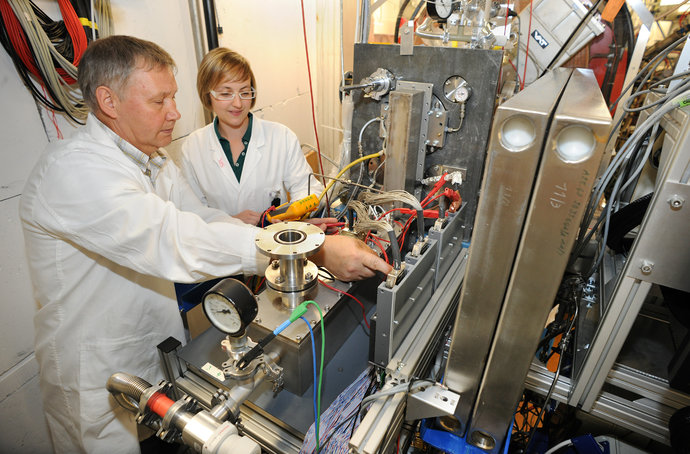
An international research team has succeeded in gaining new insights into the chemical properties of the superheavy element flerovium — element 114 — at the accelerator facilities of the GSI Helmholtzzentrum für Schwerionenforschung in Darmstadt. The measurements show that flerovium is the most volatile metal in the periodic table. Flerovium is thus the heaviest element in the periodic table that has been chemically studied. With the results, published in the journal "Frontiers in Chemistry",…

The tumor therapy with charged particles is one of the most promising applications in the fight against cancer. At the existing research facility of the GSI Helmholtzzentrum für Schwerionenforschung, as well as with the FAIR accelerator facility currently under construction here, scientists are working to improve the method through new technologies and treatment procedures and make it even more effective. Thereby, the new FLASH method is a promising way. An important step has now been…












